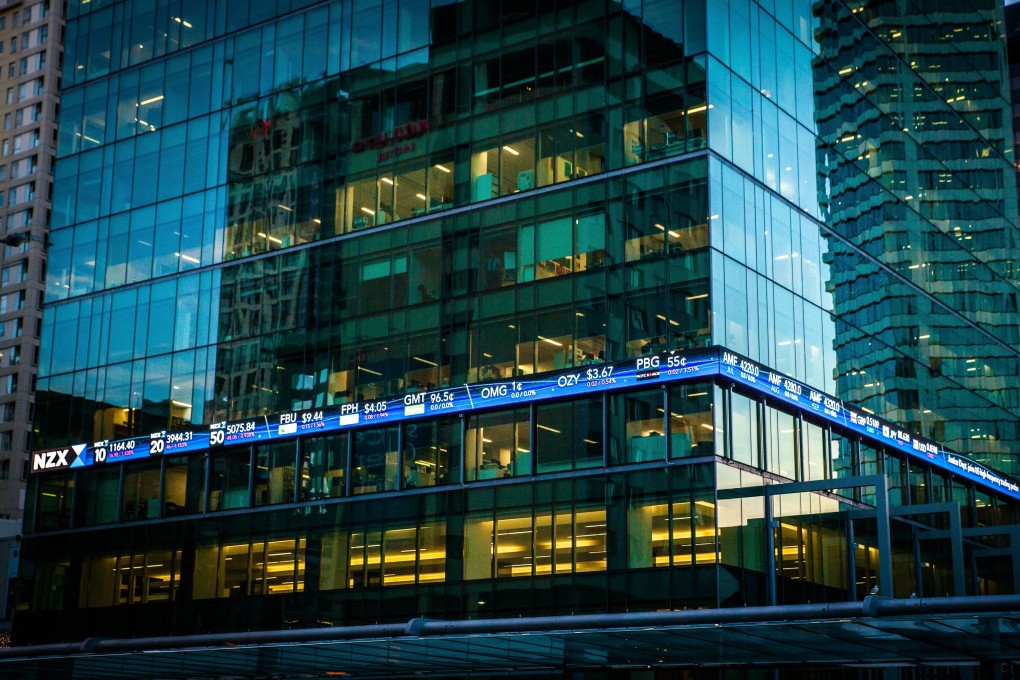New Zealand stock exchange crashed by cyberattacks for fourth day in a row as spy agency seeks answers
- Experts say possible explanations include a state-sponsored incursion, online activists with an anti-capitalist agenda or a criminal enterprise seeking a ransom
- New Zealand is not often the target of such attacks but neighbouring Australia ramped up its cybersecurity this year after a rise in similar incidents

Cyberattacks forced New Zealand’s stock exchange to halt trading for a fourth straight day on Friday, with the country’s spy agency called in to help combat the ongoing security breaches.
“We are currently experiencing connectivity issues which appear similar to those caused by severe DDoS attacks from offshore this week,” NZX said in a statement.
Distributed denial of service (DDoS) attacks involve disrupting computer networks by flooding them with traffic. There have been similar temporary training halts daily since Tuesday.
The shutdown on Friday came despite the NZX putting additional measures in place to maintain connectivity before the market’s opening bell.
“NZX has been continuing to work with its network service provider, Spark, and national and international cybersecurity partners, including GCSB, to address the recent cyberattacks,” it said.
The GCSB is New Zealand’s intelligence agency, tasked with safeguarding the country’s infrastructure from online attacks.
The disruption has hit in the midst of earnings season, normally one of NZX’s busiest periods, when companies such as Air New Zealand and telecoms carrier Spark announce their annual results.
NZX has remained tight-lipped about who is behind the attacks.